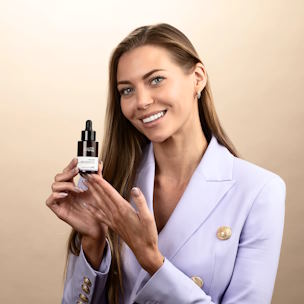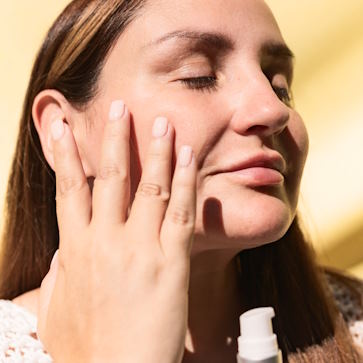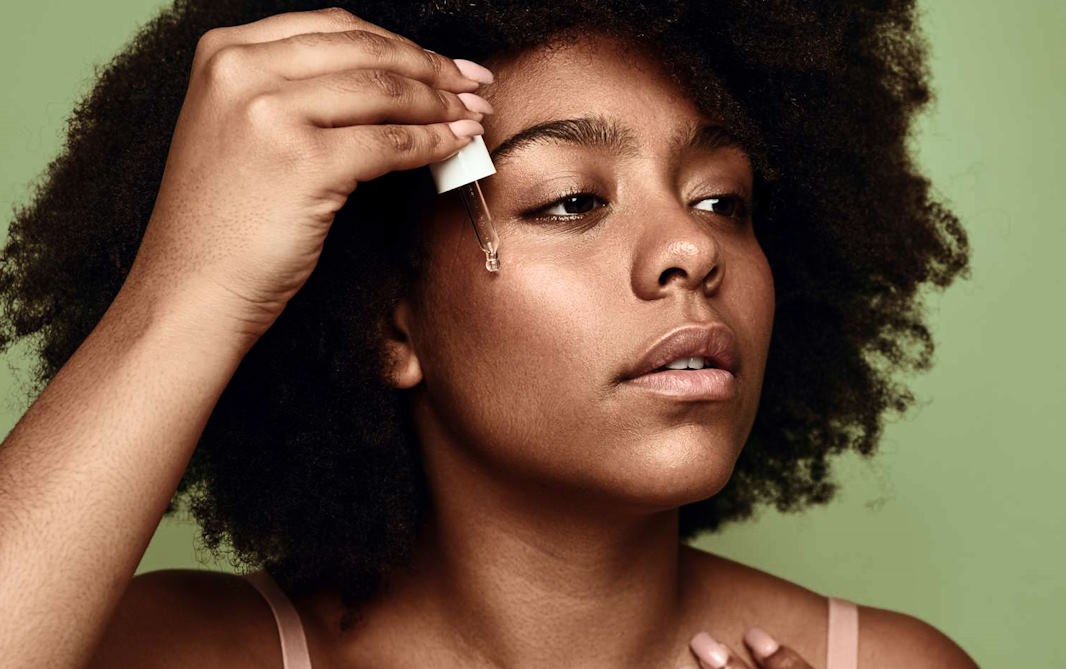In a world where the quest for eternal youth seems relentless, anti-aging serums have emerged as the latest panacea promising to turn back the clock on our skin. With enticing claims of erasing wrinkles, restoring youthful radiance, and defying the aging process altogether, these products have captured the imaginations of countless individuals in pursuit of the fountain of youth. However, amidst the overwhelming flood of beauty industry hype, it becomes crucial to discern fact from fiction.
The Science Behind Anti-Aging Serums
Key Ingredients in Anti-Aging Serums and Their Purported Benefits
Anti-aging serums boast an array of ingredients, each promising remarkable results. Among them, retinoids stand out as potent agents in the battle against aging. Retinoids, derivatives of vitamin A, are renowned for their ability to stimulate collagen production, a crucial protein that maintains skin elasticity and firmness. By encouraging collagen synthesis, retinoids can visibly reduce fine lines and wrinkles, leading to smoother, more youthful-looking skin.
 Another essential group of ingredients found in anti-aging serums is antioxidants. These powerful compounds, such as vitamin C and E, play a vital role in combating free radicals – unstable molecules responsible for oxidative stress and premature aging. By neutralizing free radicals, antioxidants protect the skin from environmental damage, reduce hyperpigmentation, and promote a radiant complexion.
Another essential group of ingredients found in anti-aging serums is antioxidants. These powerful compounds, such as vitamin C and E, play a vital role in combating free radicals – unstable molecules responsible for oxidative stress and premature aging. By neutralizing free radicals, antioxidants protect the skin from environmental damage, reduce hyperpigmentation, and promote a radiant complexion.
Peptides, short chains of amino acids, are also gaining traction for their skin rejuvenation potential. These bioactive compounds can stimulate collagen production, improve skin texture, and help reduce the appearance of wrinkles. Peptides may also aid in hydrating and firming the skin, making them a sought-after ingredient in many anti-aging formulations.
Hyaluronic acid, a natural humectant found in our skin, is renowned for its impressive moisturizing properties. As we age, our skin’s natural hyaluronic acid levels decline, leading to loss of moisture and plumpness. By incorporating hyaluronic acid into anti-aging serums, skin can retain more water, resulting in increased hydration, diminished fine lines, and a revitalized complexion.
Efficacy of Anti-Aging Serums: What the Studies Say
While the promises of anti-aging serums sound enticing, understanding their efficacy requires a critical examination of scientific studies. Clinical trials, the gold standard for testing the effectiveness of skincare products, often demonstrate positive outcomes. However, it’s essential to recognize their limitations, such as small sample sizes, short durations, and potential biases.
Differentiating between in vitro and in vivo studies is also crucial when evaluating the potential benefits of anti-aging serums. While in vitro studies offer valuable insights into how ingredients work at a cellular level, in vivo studies conducted on human subjects provide a more accurate representation of real-world outcomes.
Dermatologists and skincare experts play a pivotal role in shedding light on the science behind anti-aging serums. Their opinions, based on years of clinical experience, can guide consumers in choosing products best suited to their unique skin concerns. As expert-backed recommendations align with scientific evidence, it’s vital to consider professional advice when navigating the world of anti-aging serums.
Debunking Common Myths
“Miracle” Products and Unrealistic Claims
 In our pursuit of youthful skin, the beauty industry bombards us with an overwhelming array of products claiming miraculous transformations overnight. From the promise of erasing all signs of aging to reversing years of damage with a single application, these so-called “miracle” products often sound too good to be true. And the truth is, they usually are. While anti-aging serums can indeed deliver significant results, it’s essential to approach these claims with a healthy dose of skepticism. Genuine skincare takes time and consistency, and no product can completely reverse the aging process. Be wary of products that guarantee instant results or boast far-fetched claims, as they often rely more on marketing gimmicks than scientific evidence.
In our pursuit of youthful skin, the beauty industry bombards us with an overwhelming array of products claiming miraculous transformations overnight. From the promise of erasing all signs of aging to reversing years of damage with a single application, these so-called “miracle” products often sound too good to be true. And the truth is, they usually are. While anti-aging serums can indeed deliver significant results, it’s essential to approach these claims with a healthy dose of skepticism. Genuine skincare takes time and consistency, and no product can completely reverse the aging process. Be wary of products that guarantee instant results or boast far-fetched claims, as they often rely more on marketing gimmicks than scientific evidence.
The Significance of Packaging and Marketing
In the vast world of skincare, packaging and marketing play a significant role in influencing consumer choices. Appealing visuals, catchy taglines, and celebrity endorsements can make a product seem irresistible, even if its efficacy is questionable. However, it’s crucial to look beyond the glitzy exteriors and delve into the ingredients and scientific evidence backing the product’s claims. Sometimes, products in elegant packaging may not deliver the results they promise, while more modestly presented options could prove highly effective. So, rather than falling for fancy packaging, focus on the ingredients and their proven benefits.
The Importance of Individual Variations in Results
One size does not fit all when it comes to skincare. Every individual’s skin is unique, influenced by genetics, lifestyle, and environmental factors. As a result, the same anti-aging serum may yield different results for different people. While some individuals may experience significant improvements, others might observe more subtle changes. Additionally, certain skin types may be more sensitive or reactive to specific ingredients, leading to varying reactions. Understanding and embracing these individual variations is essential to set realistic expectations and find the right anti-aging solution that works best for your specific skin concerns.

